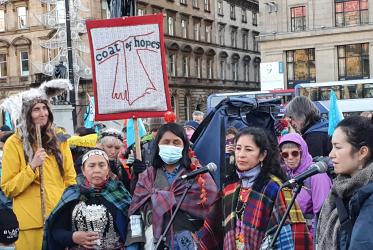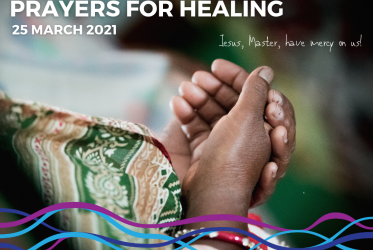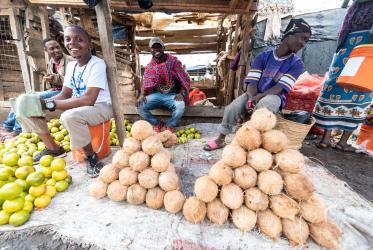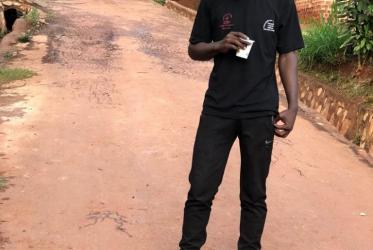In a joint message released on 15 May 2020, the World Council of Churches, World Communion of Reformed Churches, Lutheran World Federation, and Council for World Mission underlined that cooperation and solidarity within and across countries, embodied in networks of faith communities, civil society, and social movements as well as fresh systems of global governance rooted in justice, care, and sustainability are needed in response to the global health crisis of the Covid‐19 pandemic and the longer‐standing economic and ecological emergency.
15 May 2020
WCC Programmes











